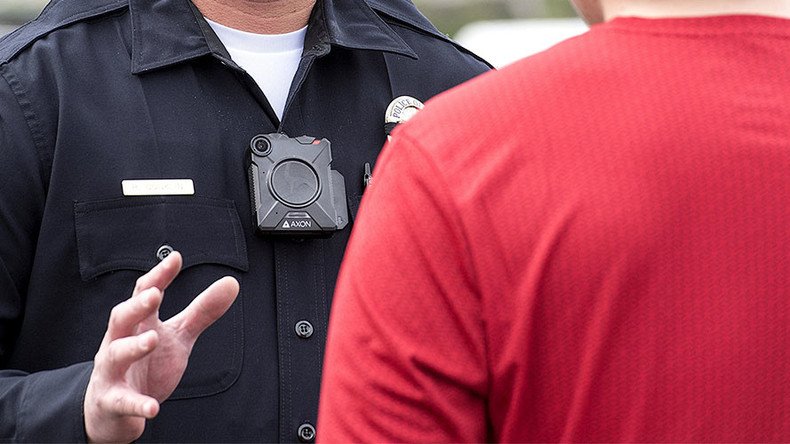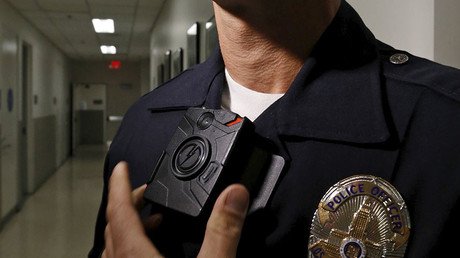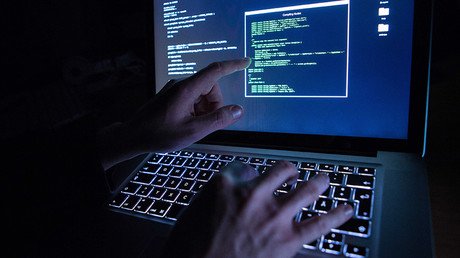Surveillance state! Council staff across UK monitoring public with body cameras

Officials in the majority of councils across Britain are playing the role of Big Brother and wearing body cameras to record and prevent minor offences, such as littering or bad parking.
The use of the technology has some concerned that the right to privacy is being breached. The majority of councils, around 66 percent have not carried out assessments into whether this kind of surveillance is actually legal.
Big Brother (BB), the civil liberties campaign group behind the newly released findings, claims the use of body cameras is “disproportionate” compared to how much “evidence” of minor offences it actually finds, which leads to anyone facing punishment.
“Despite repeated warnings about misuse of surveillance powers we have found that once again councils are choosing to use powerful law enforcement tools with little consideration of privacy,” Renate Samson, Big Brother’s chief executive, says.
Research Director Daniel Nesbitt added that councils should “justify” why body cameras are being deployed and why they are “the only viable option.”
While Big Brother acknowledges that the use of body cameras may be valid to protect council staff from being verbally and physically assaulted, it also claims that their use in preventing minor offences is “overzealous.”
“Using body worn cameras to protect people’s safety is one thing, but widespread filming of people’s behaviour in order to issue fines is simply not proportionate,” Samson said.
The report shows that 3,760 cameras have been purchased by councils across the country, amounting to a total cost of £1,791,960.81 ($2,227,285.97).
Up to 54 percent of councils have been equipped with the cameras, while 21 percent of councils keep “non-evidential” footage for more than 31 days, the limit advised by police.
London is the council which has spent most money on the cameras, with Newham council spending £100,640, followed by Tower of Hamlets at £91,000.
In one instance, a 65-year-old woman was fined £80 for pouring coffee down a drain near Ealing Broadway Centre in London.
Sue Peckitt told local news website Get West London she was “astonished” when handed the bill.
“I had bought a cup of coffee, it wasn’t very nice and I thought I want to get rid of this.
“So I poured it down the drain and then I started to walk to the bin to put the cup in the bin,” Peckitt said.
“The enforcement officers stopped me and said I was breaking the law, then I filled in all the forms and they fined me £80.
“I am astonished by the whole process.”
The BB’s report follows the news earlier this month that teachers from two “normal” state secondary schools in the UK were also trying out body cameras to stop pupil disruption during a three-month period.
But the Times Educational Supplement’s survey of 600 teachers found that the majority (62.3 percent) of teachers were not keen on the use of body cameras.
Portsmouth University academic and criminal justice lecturer Tom Ellis, told the International Business Times (IBT) that he thinks it is “better to engage” with the new technology.
“I think it’s better to engage with it positively and admit that technology is moving on,” Ellis said, while adding that the cameras would only be switched on by teachers when they perceive some kind of problem.














